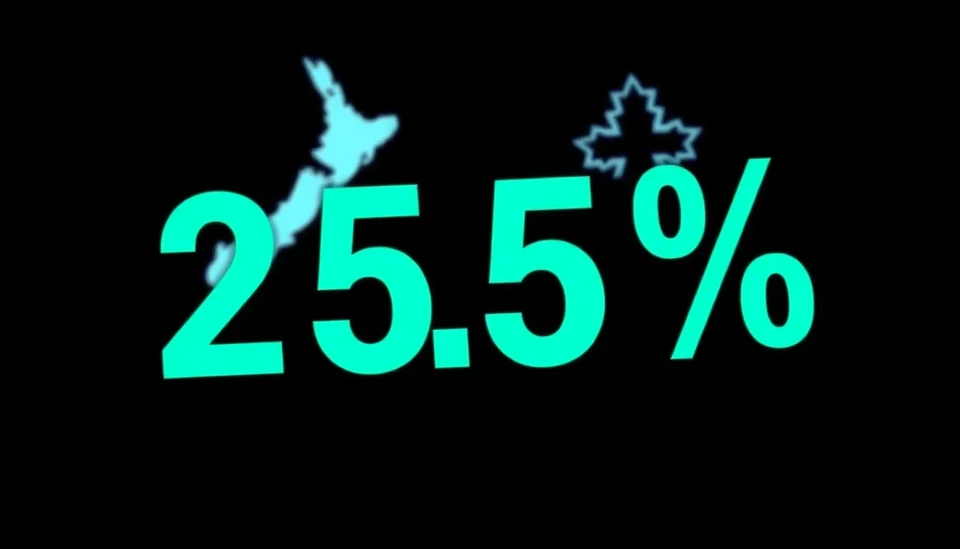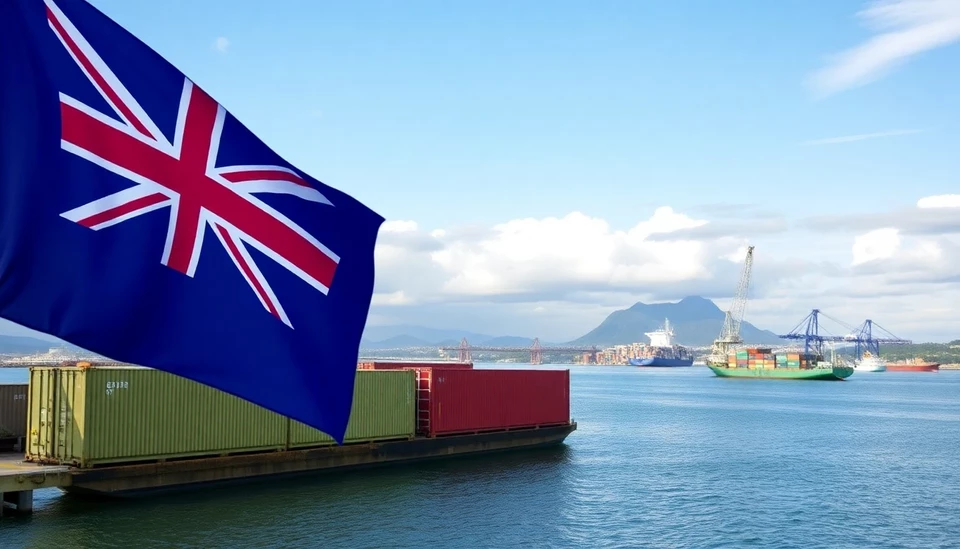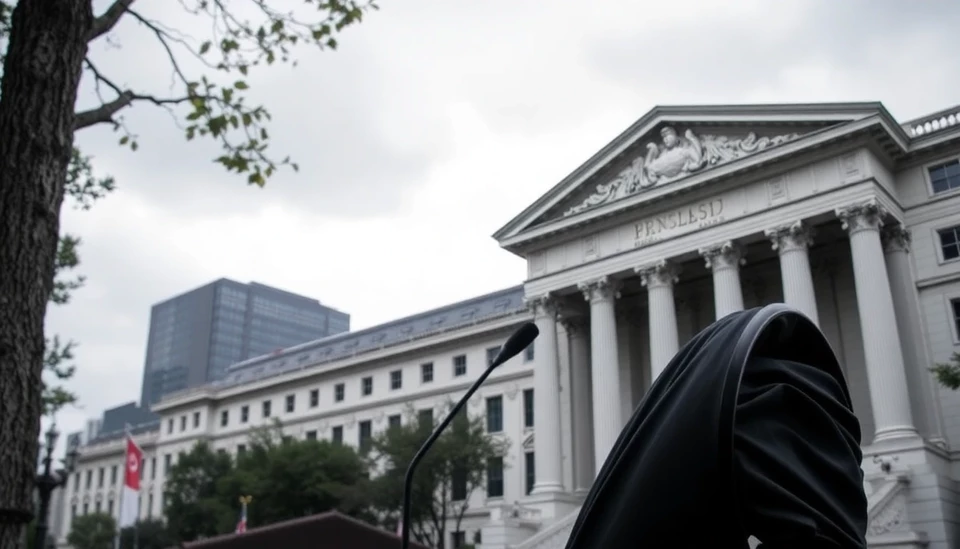
New Zealand is grappling with significant budget deficits that have pushed the country to readjust its fiscal outlook for the coming years. Recent reports indicate that the Labour government is now facing a broader shortfall than previously anticipated, projecting a slower return to budget surplus than initially hoped. This shift raises alarms for both policymakers and the public as the economic landscape transforms, influenced by a myriad of factors including rising inflation and heightened global economic pressures.
According to the latest analysis from the Treasury, New Zealand's operating balance is set to remain in the red for an extended period, with deficits persisting into 2026 and beyond. This forecast comes in the wake of significant spending packages aimed at stimulating the economy post-pandemic, compounded by the impact of persistent inflationary pressures affecting essential goods and services. As a result, New Zealand's net debt is projected to escalate, raising questions about fiscal sustainability in the long run.
The budget strategy previously laid out by the government envisioned a swift return to surplus, primarily supported by robust economic growth and increased revenue generation. However, the altered projection necessitates a recalibration of that strategy. Finance Minister Grant Robertson expressed concern over the economic uncertainties that have influenced this new forecast. He emphasized the importance of maintaining fiscal discipline while simultaneously ensuring that essential public services are sustained amid growing demand.
Economic analysts have criticized the government's fiscal management, highlighting that the underestimation of budget deficits could lead to serious long-term implications for New Zealand's economy. The rising costs of living, driven by various factors including global supply chain disruptions and domestic inflation, present unique challenges that must be addressed promptly. Observers are calling for enhanced transparency in fiscal policymaking and a re-evaluation of expenditure priorities to align with the new economic realities.
As New Zealand navigates this challenging fiscal landscape, the discourse surrounding the role of government intervention in the economy has intensified. Questions regarding the balance of spending versus austerity measures have emerged, with some advocating for investments in key sectors that could bolster economic growth. The government's next steps will be crucial in determining the country’s financial trajectory in the coming years.
Looking ahead, the government is likely to face increasing pressure to implement policies that not only address the immediate fiscal challenges but also lay the groundwork for sustainable economic recovery. As a nation entwined with both local and global economic factors, New Zealand's approach will be pivotal in reversing the trend of budget deficits and achieving a viable path back to surplus.
In conclusion, as New Zealand confronts these fiscal hurdles, it is essential for the government to engage in fiscal planning that aligns with economic realities. Robust discussions on expenditure priorities, revenue generation, and long-term fiscal sustainability will be vital as the country moves forward in a volatile economic climate.
#NewZealand #BudgetDeficit #FiscalPolicy #EconomicRecovery #Inflation #GovernmentSpending #PublicFinance
Author: Daniel Foster




